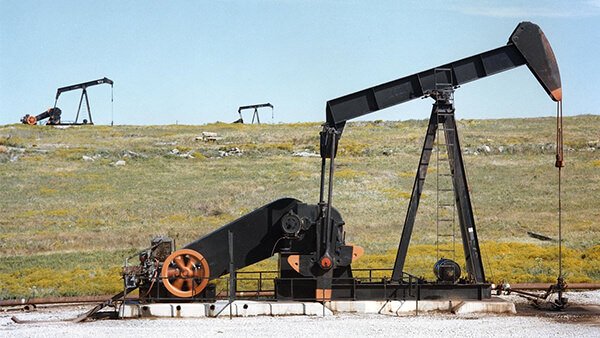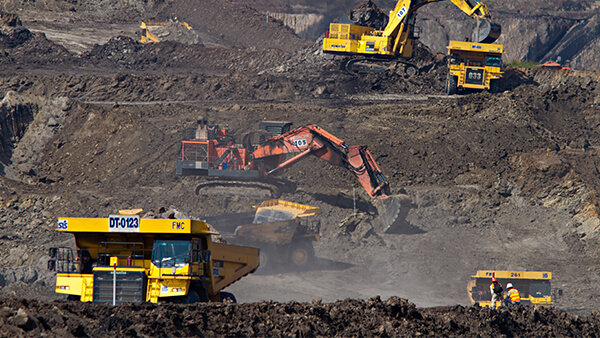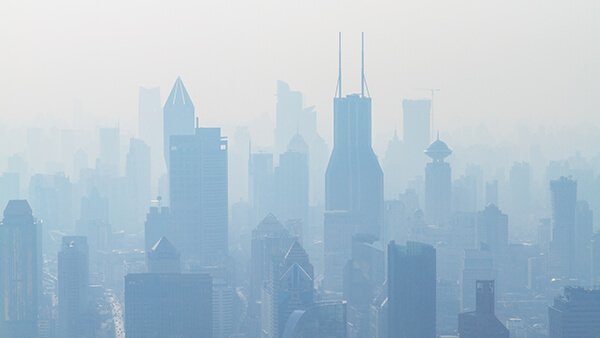Global Warming Over the past 50 years
GLOBAL WARMING
Over the past 50 years, the average global temperature has increased at the fastest rate in recorded history. And experts see the trend is accelerating: All but one of the 16 hottest years in NASA’s 134-year record have occurred since 2000.
Global warming:
Global warming is a phenomenon of climate change characterized by a general increase in average temperatures of the Earth, which modifies the weather balances and ecosystems for a long time. It is directly linked to the increase of greenhouse gases in our atmosphere, worsening the greenhouse effect.
CAUSES OF GLOBAL WARMING:
The massive use of fossil fuels is obviously the first
source of global warming, as burning coal, oil and
gas produces carbon dioxide - the most important
greenhouse gas in the atmosphere - as well as nitrous oxide.
2.Deforestation:
The exploitation of forests has a major role in climate
 change. Trees help regulate the climate by absorbing CO2 from the atmosphere. When they are cut down,this positive effect is lost and the carbon stored in the trees is released into the atmosphere.
change. Trees help regulate the climate by absorbing CO2 from the atmosphere. When they are cut down,this positive effect is lost and the carbon stored in the trees is released into the atmosphere.
3.Intensive farming:
Another cause of global warming is intensive
farming, not only with the ever-increasing livestock
but also with plant protection products and
fertilizers. In fact, cattle and sheep produce
large amounts of methane when digesting :
their food, while fertilizers produce nitrous
oxide emissions.
4.Mining:
are the raw materials used in the construction,
transportation and manufacturing of goods.
From extraction to delivery, this market
accounts for 5% of all greenhouse gas emissions.
5.Over consumption:
Finally, over consumption also plays a major
role in climate change. In fact, it is
responsible for the over exploitation
of natural resources and emissions
from international freight transport,
which both contributes to global warming.
EFFECTS OF GLOBAL WARMING
1.On biodervisity:
The increase of temperatures and the climate upheavals disturb the ecosystems, modify the conditions and cycles of plant reproduction. The scarcity of resources and climate change are changing life habits and migratory cycles of animals. We are already witnessing the disappearance of many species - including endemic species - or, conversely, the intrusion of invasive species that threaten crops and other animals.
Global warming therefore impacts biodiversity. It is the balance of biodiversity that is modified and threatened. According to the IPCC, a 1.5°C (2.7°F) average rise might put 20-30% of species at risk of extinction. If the planet warms by more than 2°C, most ecosystems will struggle
2.On humans:
Human beings are not spared by these upheavals. Climate change is affecting the global economy. It is already shaking up social, health and geopolitical balances in many parts of the world. The scarcity of resources like food and energy gives rise to new conflicts.
Rising sea levels and floods are causing population migration. Small island states are in the front line. The estimated number of climate refugees by 2050 is 250 million people.
3.On oceans:
Because of global warming, permafrost and ice are melting massively at the poles, increasing the sea level at a rate never known before. In a century, the increase reaches 18 cm (including 6 cm in the last 20 years). The worst case scenario is a rise of up to 1m by 2100.
The acidification of the oceans is also of great concern. In fact, the large amount of CO2 captured by the oceans makes them more acidic, arousing serious questions about the adaptability of seashells or coral reefs.
4.on the weather:
For decades now, meteorologists and climatologists around the world have been watching the effects of global warming on the weather phenomena. And the impact is huge: more droughts and heatwaves, more precipitations, more natural disasters like floods, hurricanes, storms and wildfires, frost-free season, etc.
GLOBAL WARMING PREVENTIONS
1. Renewable energies
2.Energy & water efficiency
3. Sustainable transportation
4. Sustainable infrastructure
5. Sustainable agriculture & forest management
Encouraging better use of natural resources, stopping massive deforestation as well as making agriculture greener and more efficient should also be a priority.
6. Responsible consumption & recycling
CONCLUSION:
I have understood that our earth is “sick”. We humans need to “heal” the earth. Global Warming have causes many problem for human but we human who make global warming happens. Many people have died because of disease or disaster. It also affects the economics of the country. However, we need to be reduce the global warming by using less gasoline, recycle and human should help to reduce global warming instead of making the earth temperature increased. Our generation should start taking care of the earth because in the next generation they will suffer if we do not do reduce global warming. Therefore, global warming is a serious issue now. we are learning it because we need to understand the effect of climate change that will affect us when we have our business and we can start saving the earth.







Good work
ReplyDeletenice read
ReplyDelete